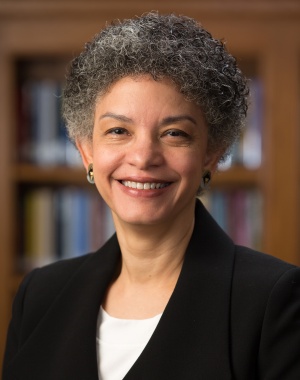
Anti-racist and community-centered research approaches for a more just and equitable society
Hosted by the National Center for Institutional Diversity
Date & time
Location
This is a Virtual Event.Recent years’ events—the COVID pandemic, the murder of George Floyd, and ongoing and new racial justice movements—have highlighted the need to address long-standing systems of oppression that continue to disadvantage and harm communities of color. The historical legacy and current systems of racism continue to plague and negatively impact the health and wholeness of our society, and these recent events have spurred increased awareness and commitments across organizations and institutions to adopt anti-racist strategies to dismantle oppressive and unjust systems.
Research and scholarship is one way that higher education institutions like University of Michigan have played critical roles in informing the numerous and complex ways that racism operates in our society. This work has contributed to the development of innovative, evidence based interventions and actions to reduce and eliminate racism and its impacts — at systemic, institutional, and interpersonal levels.
Speakers
- Opening remarks: Susan M. Collins, provost and executive vice president for academic affairs; Edward M. Gramlich Collegiate Professor of Public Policy; and professor of rconomics
- Moderator: Tabbye Chavous, NCID director; LSA associate dean for diversity, equity, and inclusion; and professor of Eeducation and psychology
- Panelists
- Melissa Borja, assistant professor of American culture
- Charles H.F. Davis III, assistant professor of higher education
- William Lopez, clinical assistant professor of public health
- Deborah Rivas-Drake, professor of psychology and Stephanie J. Rowley Collegiate Professor of Education
- Celeste Watkins-Hayes, University Diversity and Social Transformation Professor, Jean E. Fairfax Collegiate Professor of Public Policy, and professor of sociology
Sponsor
This session is sponsored by the National Center for Institutional Diversity's Anti-Racism Collaborative (ARC), a strategic space for engagement around anti-racism research and scholarship, and part of the provost's anti-racism initiative.
